“We are trying to get to the essence of the truth of Jordan Park,” said SPHA CEO Tony Love at the July 16 workshop held at St. Petersburg College Midtown campus. “We want to make sure that everybody understands that there’s history in Jordan Park and we want to preserve it, but we want to preserve the correct history.”

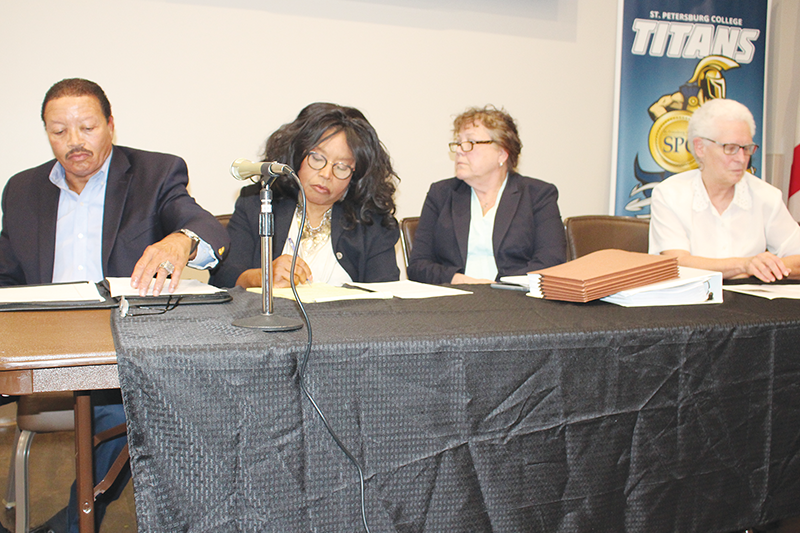
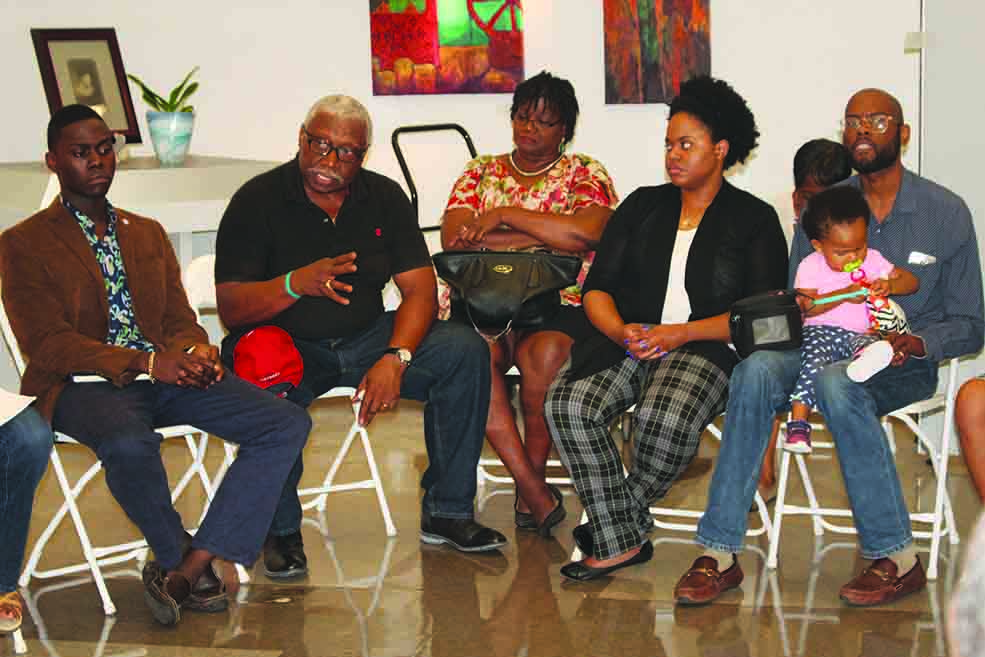
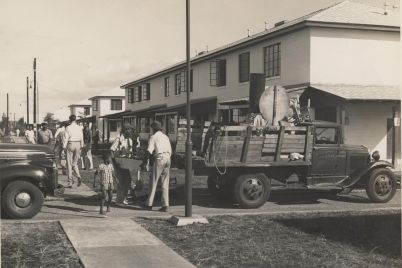
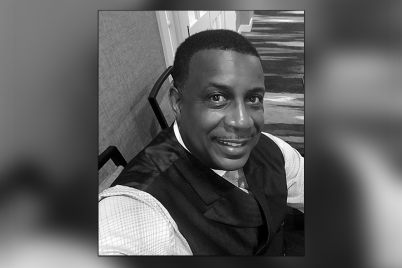
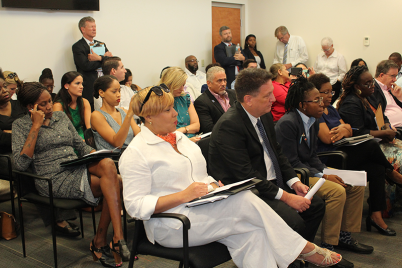




First of all the SPHA moved us because residents and Terri Lipsy Scott kept going too the media about people
having rats,mold,termites.But if you don’t clean your shower,stove,apt your going too have critters,common
Sense! Nasty people get rats,mold,cock roaches.We lived
Over there not once did we have a rat,or mold in our tub or shower.Certain residents and Terri Lipsey Scott all got
all of us out of Senior Villiage now they still “GRIPING”!
What more does she want??